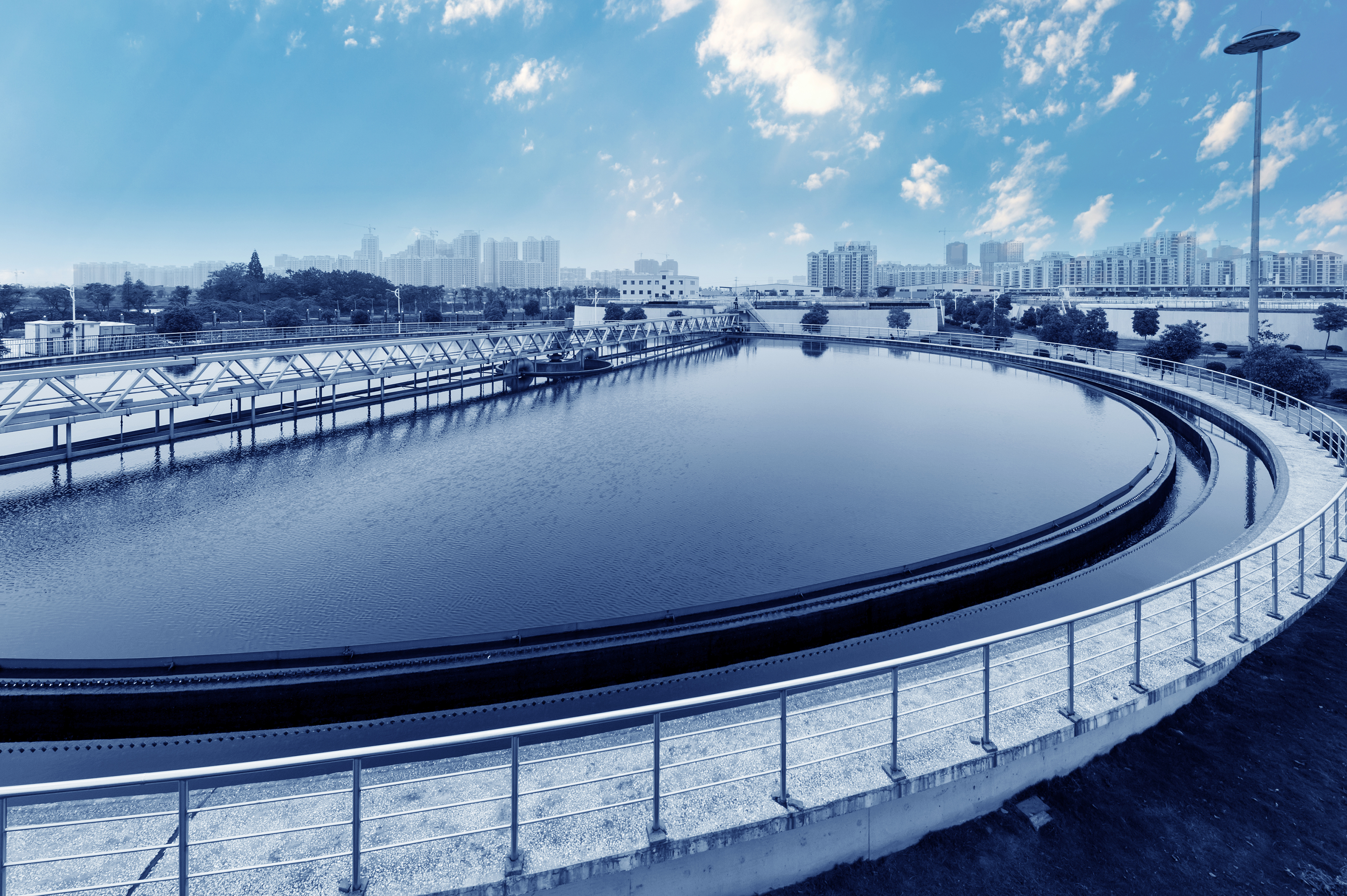The Major Importance of Treating Water, No Matter the Industry
 Nationwide, more than 44 billion gallons of water go through the water treatment process. This treatment process ensures the water that is then transported into homes, workplaces and facilities is safe for use.
Nationwide, more than 44 billion gallons of water go through the water treatment process. This treatment process ensures the water that is then transported into homes, workplaces and facilities is safe for use.
But is it ever safe to skip the water treatment process before reusing water? That is what this post will address.
What is Wastewater?
Wastewater, at its simplest level, is simply water that has been used at least once before. Whether the water was used to clean dishes, wash people and pets, water lawns, cool construction sites or some other use, the water is now potentially contaminated at some level and needs to be treated before it can be reused.
How is Water Treated?
As you might expect, the type and level of water treatment is linked to the water’s previous use. According to the Centers for Disease Control (CDC), the water quality when it enters treatment often determines what type of treatment it undergoes before being released for reuse.
These are the four basic steps used water will go through before being released for reuse:
– Flocculation and coagulation. In this stage, toxic matter in the water is neutralized and creates a substance called “floc.”
– Sedimentation. The heavier particles of floc settle to the bottom of the wastewater holding tank.
– Filtration. The water then passes through a filtration system, leaving the floc behind.
– Disinfection. Finally, the water is disinfected to kill any microparticles, including bacteria and parasites.
In some communities, standards require adding fluoride to the water as well before it is re-released into the public water supply for reuse.
Are There Other Types of Water Treatment That Can Be Done?
In addition to the four steps listed here, which are conducted at a public level in a wastewater treatment plant environment, many homeowners and businesses also install their own water treatment appliance to add an extra level of safety.
The main types of water treatment used in homes and businesses are as follows:
– Water filtration. Filtration systems can use reverse osmosis, ultraviolet (UV), deionization, charcoal activated and other tactics to further purify the water.
– Water softening. People that live in work in areas that have very “hard” water (water that contains higher amounts of magnesium and calcium), often add additives to soften the water so it leaves less buildup behind.
– Water distillation. Distillation is essentially boiling the water to remove contaminants.
– Water disinfection. Disinfection can be accomplished with chemicals or biological processes.
The Dangers of Using Untreated Water
According to BWA Water Additives, if all you plan to do is use greywater (relatively clean water discharged from home appliances such as dishwashers) to water your lawn, then you may be able to skate by without treating your used water.
But if you plan to drink, cook with, bathe in or clean with used water, there are many potential hazards associated with not treating the water first. Chief among these hazards are the following:
– Gastrointestinal illness. Parasites, bacteria and microorganisms can flourish in untreated wastewater. They can also flourish in the human intestinal system, causing serious illness and sometimes death.
– Chemical poisoning. Untreated water may contain a variety of contaminants, including chemicals such as gasoline and fossil fuels, pesticides and herbicides, heavy metals and other toxins. These toxins can cause serious health issues even in trace amounts, including cancer.
– Birth defects. Babies exposed to untreated water in the womb or early in life are at a high risk for birth defects, including low birth weight, blue baby syndrome, central nervous system damage, learning disabilities, behavioral issues and hearing/vision problems.
For all of these reasons and more, treating water before reuse continues to be of critical importance around the world. Even here in the United States, where we have some of the cleanest water in the world, many illnesses and disabilities arise each year when people or animals drink contaminated, untreated water. Luckily, here in America, this is also a hazard that can be avoided by treating water.

















